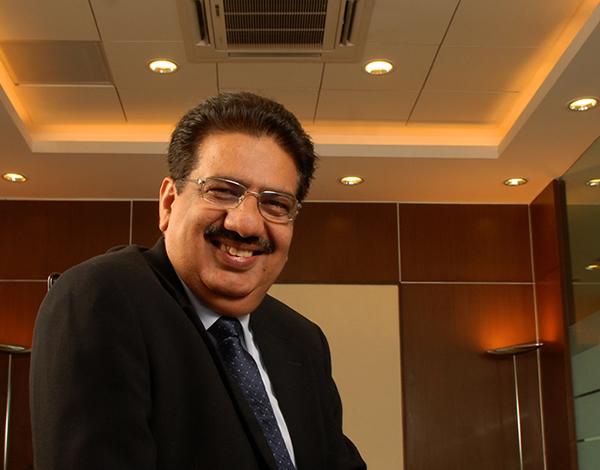Quality and processes

What, truly, is a process? Is it merely a procedure? A progression? A method? I feel that it is all of these and more. In the context of the industry and the modern world, the processes most relevant to us were probably defined during the Industrial Revolution of 18th-19th century Europe. The manufacturing industry, as it evolved, felt the need to have in place methodologies that the individuals utilising them would adhere to. This was for a very simple reason. It was no longer economically viable to continue working in a mechanised environment with a large body of supervisory staff at hand to manage workers. It skewed the ratio and economics way too much. Hence, we had the first industrial processes.
Today, we have innumerably more processes. There are processes for everything, from training people to developing e-mail clients. We have made great strides in the development of processes but our thinking, and therefore the premise of these processes, is sometimes outdated. At times, though definitely not always, we are still using industrial-era techniques to address information-era challenges and maybe it's time to wake up and smell the coffee. I am the last person on earth to challenge the efficacy of processes - God knows that I have relied heavily on them, often enough in the past.
In fact, if there was a way of building into processes, intelligent human judgement and the capability to see whether or not the process could be applied successfully in a given situation, I am sure a lot fewer of us would have jobs.
However, that is not the case and is unlikely to be so, because a process, to be successful, has to necessarily be rigid. There would be no point to a process if it did not adhere strictly to the parameters that define it.
Therefore, even the tricky task of undertaking to refining a process can only ultimately be done by people, no matter how many other processes exist in the interim space between them. Having said this, I still feel that it would be impossible to envisage the modern world without processes. In fact, for everything that one does, like buying groceries and taking them to the supermarket checkout counter, or even conducting medical research, there is a well-defined process from which we cannot deviate, unless we are willing to face total and utter chaos and a sharp drop in productivity.
If we stick by the baseline of a process, i.e. ensuring a specific, pre-defined level of quality in the end product or service, I feel that we cannot go wrong with them. And in order to stick to the baseline, the people have to be trained in those processes and the training in turn, is a process all by itself.
This is the point at which we realise that the two are so fundamentally correlated, so inextricably linked, that there is no getting away with ignoring either one or the other.

